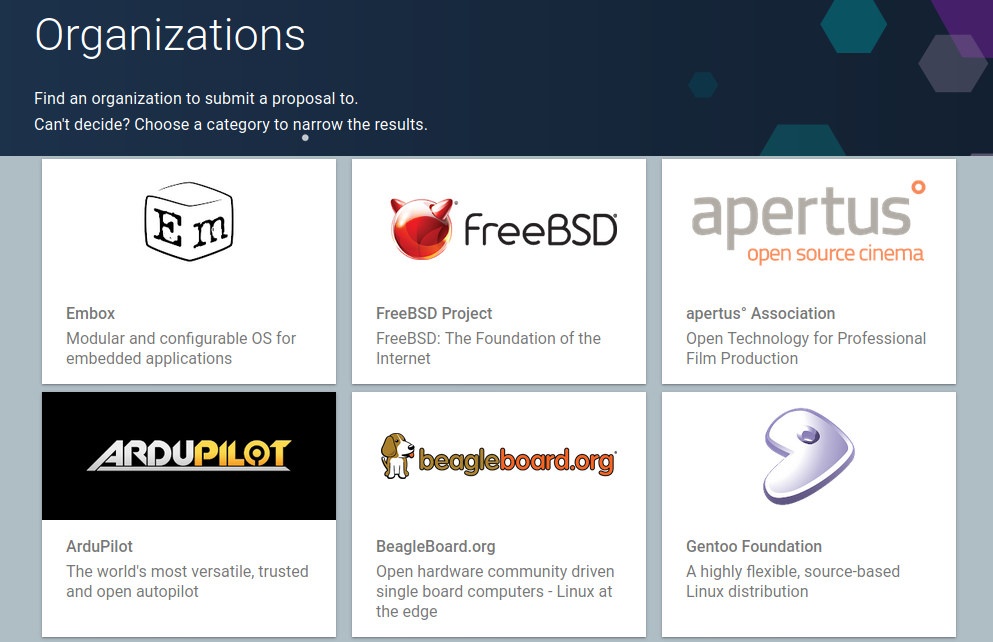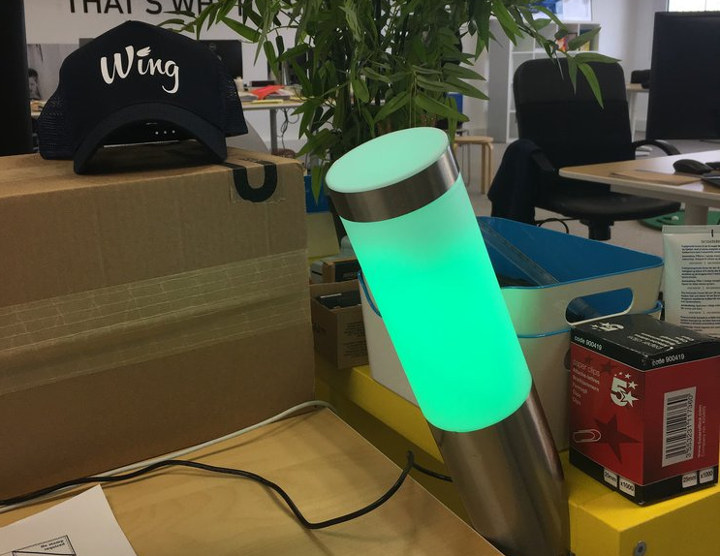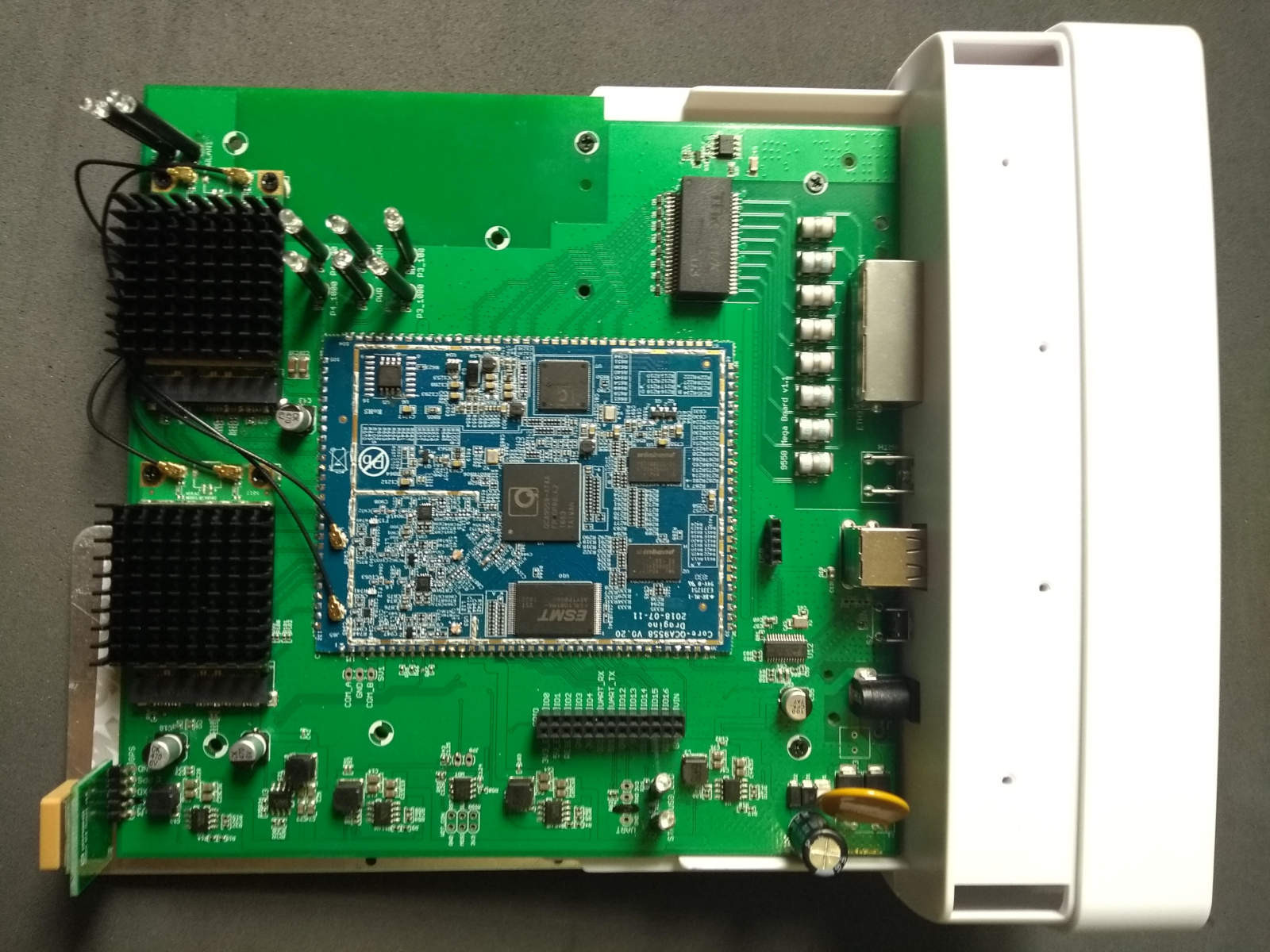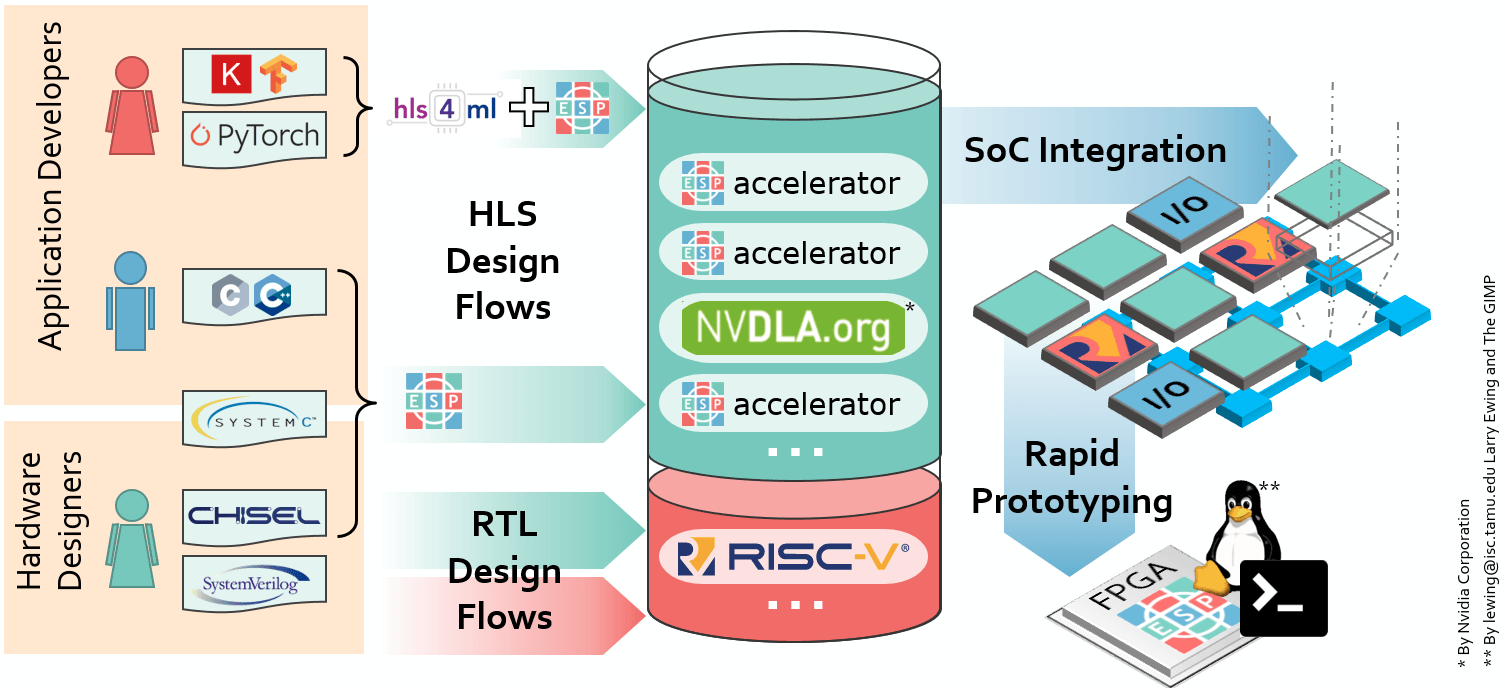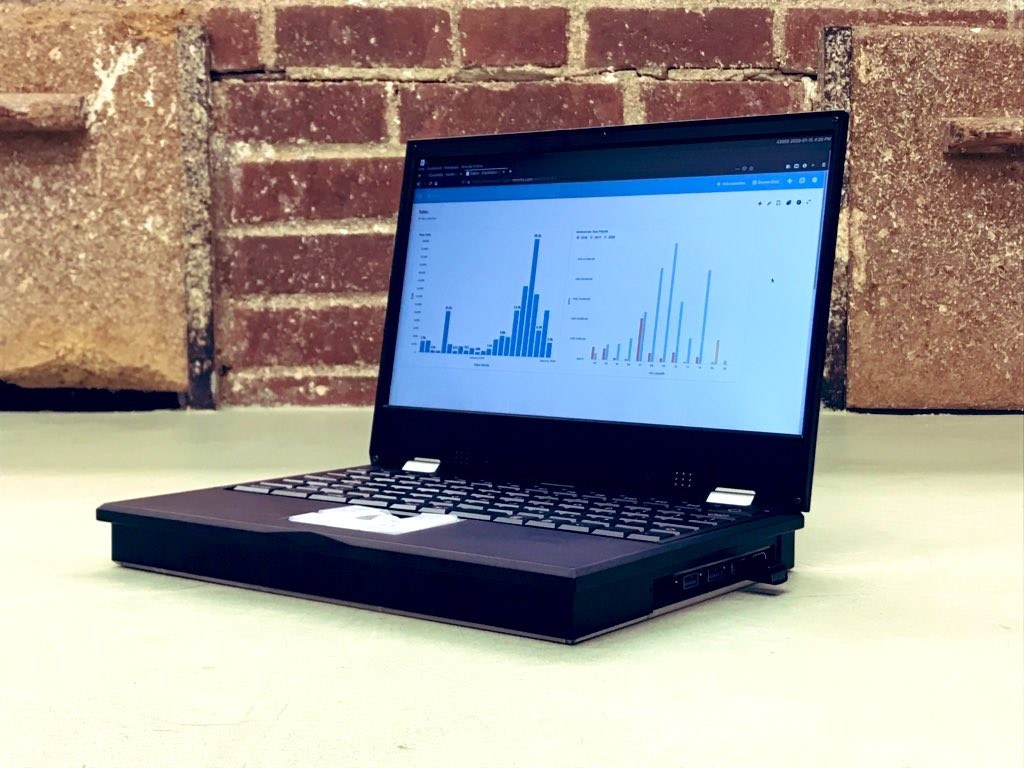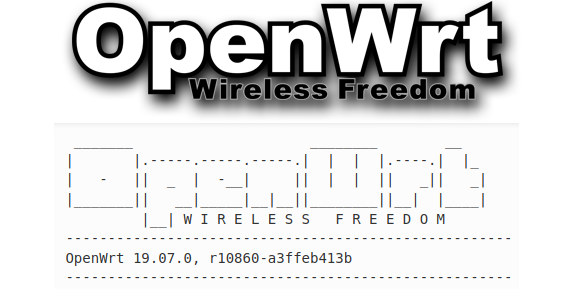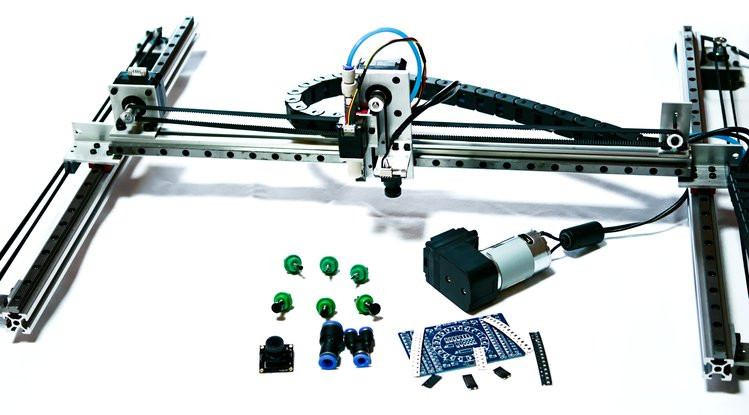Every year Google organizes the Summer of Code inviting students to work on open-source projects and even get paid for it. The company first select mentoring organizations, before accepting applications from students. Google has now announced the 200 organizations/projects that have been selected for Summer of Code 2020. Many projects are higher-level software development such as web development or desktop programs development but there are also projects closer to the hardware-side of things with operating systems and multimedia projects. Some interesting organization and/or projects part of the audio / graphics / video / multimedia category include: apertus Association developing AXIOM open-source hardware camera FFmpeg multimedia framework to decode, encode, transcode, de/mux, stream, filter & play audio and video stream found in many projects OpenCV Open Source Computer Vision Library for computer vision and deep learning applications. XOrg foundation for X Window System and related projects such as Mesa, DRI, Wayland, […]
How to Improve Productivity with an ESP8266 Light Controller & Andon Manufacturing System
ANAVI Light controller was launched in 2018, and I had the chance to review a sample and wrote a guide showing how to use an ESP8266 board to control an LED strip using Arduino code, MQTT protocol, and HTML5 code. It’s a fun toy for people using it at home, but Paul Cancouët – working for Wing company offering “Logistics as a Service” solutions – added several ANAVI Light controllers to their packing warehouse. You can see the lights on the left side of the packing stations. Those are pretty, but what are they for? The lights help to improve productivity using an Andon system usually found in factories, but in this case, used for packing. Andon – meaning paper lantern in Japanese – refers to a system to notify management, maintenance, and other workers of a quality or process problem with the alert either activated automatically or manually by […]
LibreRouter is an Open-Source Hardware Router for Community Networks
Battlemesh (aka the Wireless Battle of the Mesh) is an event that aims at bringing together people from across the world to test the performance of different routing protocols for ad-hoc networks. While BattleMesh v12 took place in Paris in July 2019, I’ve just been informed that presentation videos were now out. There are talks about OpenWrt, mesh networks, and communities, but one talk brought a project I had not looked into details yet. Originated from Argentina, LibreRouter is described as an open-source hardware router designed for community networks that are organized by a group of people such as neighbors in order to share local and other content without a profit motive. LibreRouter LR1 specifications: SoC – Qualcomm Atheros QCA9558 MIPS processor @ 750 MHz System Memory – 128 MB DDR RAM Storage – 16 MB Flash MCU – Microchip ATTiny13 8-bitAVR MCU used as hardware watchdog to handle failed […]
ESP Open Source Research Platform Enables the Design of RISC-V & Sparc SoC’s with Accelerators
FOSDEM 2020 will take place next week, and there will be several interesting talks about open-source hardware and software development. One of those is entitled “Open ESP – The Heterogeneous Open-Source Platform for Developing RISC-V Systems” with an excerpt of the abstract reading: ESP is an open-source research platform for RISC-V systems-on-chip that integrates many hardware accelerators. ESP provides a vertically integrated design flow from software development and hardware integration to full-system prototyping on FPGA. For application developers, it offers domain-specific automated solutions to synthesize new accelerators for their software and map it onto the heterogeneous SoC architecture. For hardware engineers, it offers automated solutions to integrate their accelerator designs into the complete SoC. If we go to the official website, we can see ESP (Embedded Scalable Platform) actually supports both 32-bit Leon3 (Sparc) and 64-bit Ariane (RISC-V) cores, and various hardware accelerators from the platform or third parties. Highlights: […]
MNT Reform 2 Open Source DIY Arm Linux Modular Laptop Coming Soon (Crowdfunding)
We first covered MNT Reform in fall of 2017, when it was a prototype for a DIY and modular laptop powered by NXP i.MX 6QuadPlus processor, and with plans to eventually use i.MX 8 hexa-core processor. Last year they designed several beta units of Reform to get feedback for a dozen users, and have now fully redesigned the laptop based on an NXP i.MX 8M system-on-module with the crowdfunding campaign expected to go live in February on Crowd Supply. MNT Reform 2 specifications: SoM – Boundary Devices Nitrogen8M SOM with SoC – NXP i.MX 8MQuad quad-core Cortex-A53 processor @ 1.5 GHz, 1x Arm Cortex-M4F real-time core Vivante GC7000Lite 3D GPU System Memory – 4GB LPDDR4 Storage – Probably none Networking – Atheros Ethernet MAC chip (AR8035) 200 pin SO-DIMM edge connector exposing USB 3.0, PCIe, MIPI DSI, etc… Dimensions – 67.6mm x 48.4mm Motherboard Storage – SD card slot, M.2 […]
OpenWrt 19.07 Released with WPA3 Security, a Faster LuCI web interface
OpenWrt is a popular Linux operating system targeting embedded devices, usually routers (but not only), and serves as a complete replacement for the vendor-supplied firmware on supported devices. The developers released OpenWrt 19.07 on January 6, to succeed OpenWrt 18.06 the previous stable release. The new version brings various improvements including WPA3 support, client-side rendering of the LuCI web interface for faster rendering or a lower-load on the router, and introduces the ath79 target for MIPS routers with device tree support. While WPA3 WiFi security is part of OpenWrt 19.07, it is not enabled by default because the necessary packages hostapd-openssl (access point), wpa-supplicant-openssl (station support only) and wpad-openssl (AP + station) take a fair amount of space, and won’t fit on devices with 8MB flash or less. Another reason for not enabling WPA3 is that many existing client devices will never support WPA3, and some client devices that support […]
SimplePnP is a Low-Cost, Open Source Hardware Pick-and-Place Machine (Crowdfunding)
If you have a small production run for your board, it may not be cost-effective to ask a factory to manufacture it for you, and assembling the boards entirely by hand will be a time-consuming process. Getting a pick-and-place machine to automate the process would save time, but even the cheaper models on Aliexpress cost several thousand dollars. Citrus CNC tries to address the cost issue with the SimplePnP open source hardware pick-and-place machine that brings the price down to several hundred dollars. SimplePnP key features and specifications: MCU – Microchip Atmega328p running GRBL firmware Motor Drivers – TMC2209 stepper for two-phase stepper motors Word Area – 300 mm (X) x 300 mm (Y) Z Travel – 23 mm Components per Hour – 750 with vision assist Component Size – As small as 0402 (1005 metric) Vacuum Heads – Single vacuum head (base model), or optional dual-head Nozzle System – […]
Some Interesting Talks from FOSDEM 2020 Schedule
We wrote about IoT devroom call for proposals for FOSDEM 2020 a little while ago, and as the free open-source developer meetup is getting closer, FOSDEM 2020 organizers released the schedule. So I’ll look at some of the talks in the relevant devrooms such as the Internet of Things, hardware enablement, Embedded, Mobile and Automotive, as well as RISC-V and others to compose my own little virtual schedule for the 2-day event. Saturday, February 1 10:30 – 10:50 – How lowRISC made its Ibex RISC-V CPU core faster – Using open source tools to improve an open-source core – by Greg Chadwick Ibex implements RISC-V 32-bit I/E MC M-Mode, U-Mode, and PMP. It uses an in-order 2 stage pipe and is best suited for area and power-sensitive rather than high-performance applications. However, there is scope for meaningful performance gains without major impact to power or area. This talk describes work […]


